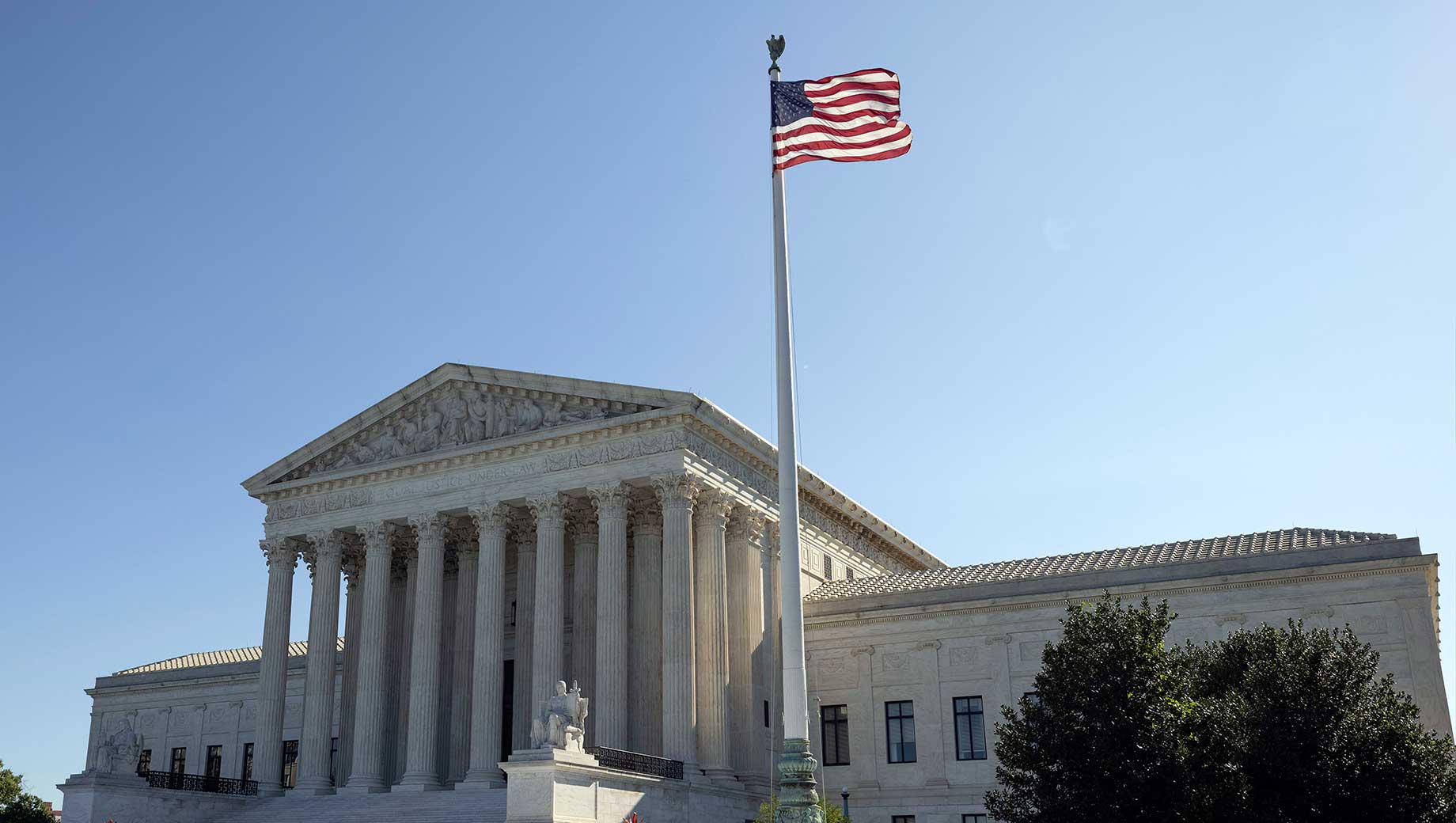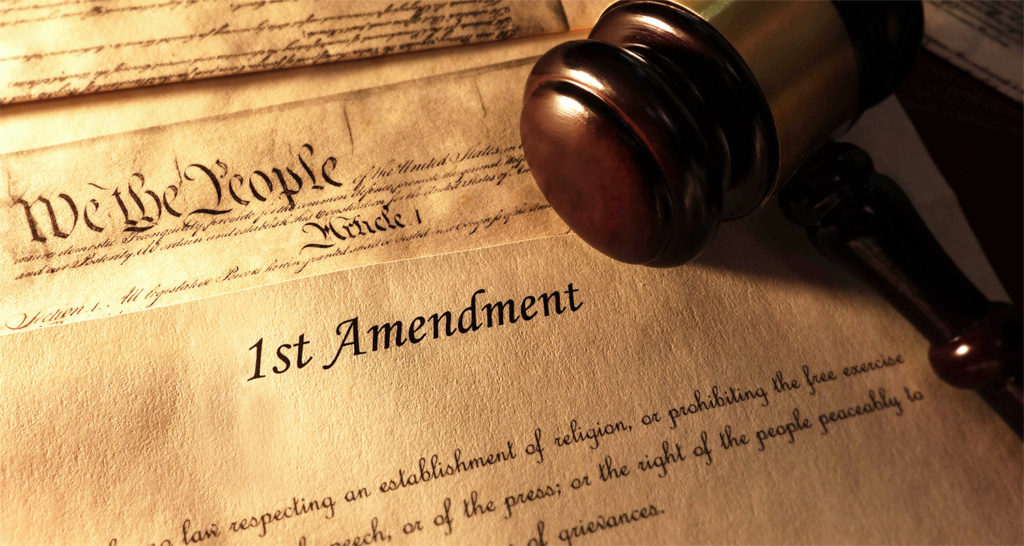Housed in a building shaped in the grandeur of Greco-Roman elegance and strength, the Supreme Court of the United States of America both is the highest level of judicial power and shapes the definition of federal-level justice... divided between a dated white view and modern view carried by younger and/or colored Justices. A Justice on the Supreme court is simply a judge that was elected by the currently-serving President of the United States (POTUS) and serving on the bench of 9 Justices.
116 Justices have served since the starting of SCOTUS. The nine currently serving are as follows:
- Chief Justice John G. Roberts Jr.: selected by George W. Bush, serving since 2005
- Justice Clarence Thomas: selected by George H.W. Bush, serving since 1991
- Justice Stephen J. Breyer: selected by Bill Clinton, serving since 1994
- Justice Samuel A. Alito: selected by George W. Bush, serving since 2006
- Justice Sonia Sotomayor: selected by Barack Obama, serving since 2009
- Justice Elena Kagan: selected by Barack Obama, serving since 2010
- Justice Neil M. Gorsuch: selected by Trump, serving since 2017
- Justice Brett M. Kavanaugh: selected by Trump, serving since 2018
- Justice Amy Coney Barret: selected by Trump, serving since 2020
AN HONORABLE MENTION
Currently serving in the U.S. Court of Appeals in the D.C. Circuit, Judge Ketanji Brown Jackson (seen below) is set to succeed current Justice Stephen Breyer, who is expected to retire at the end of his term in the summer. President Biden selected Brown Jackson to look like America and "reflect the full talents and greatness of our nation."
I grew up relatively aware of legal proceedings and legal-centric issues. When I wasn't watching kid shows, I was watching cop shows, like Law and Order or the relatively-light NCIS. However, what these shows didn't tell me were the dates and history of cases that create what's so ingrained in the legal system and the law enforcement procedure.
For instance, in Law and Order and Law and Order: SVU, theres always the assistant district attorney (ADA), the district attorney (DA), or one even the defense attorney in a variety of episodes bringing up the fact that evidence which was obtained illegally, or without a search warrant, cannot be used in a criminal case. This precedent was declared in 1961 in the case of Mapp vs Ohio.
Precedents like those aren't always so explicit. In the Bill of Rights, it wasn't clear whether flag burning or potentially offensive speech was protected under the First Amendment's statement of "free speech." Texas vs Johnson, settled in 1989, found that speech or action presented in the case was in fact protected by the First Amendment.
A rather currently-popular case, Roe v Wade, was settled in 1973 by a majority ruling. As stated by History.com, the Justices at the time ruled "that women have a right to an abortion during the first two trimesters." The case, which challenged the constitutionality of Texan laws criminalizing abortion, was presented by a single pregnant woman (Jane Roe) and other appellants (et al). This case in its entirety is what is considered a landmark case.
Landmark case: a court case studied for its historical and legal significance
Roe v Wade protects a woman's liberties of her own body and has been standing as the most pivotal example of protections of women. It prevents excessive governmental interference with a woman's right and ability to get an abortion. However, recently, the case has been threatened with removal, therefore jeopardizing the most basic of human rights for women in the U.S.: anatomical freedom and personal liberty.
There wasn't much for me to learn about SCOTUS. Landmark cases and their rulings, like Roe v Wade, are subject to the culture of the times and the progression of the current Justices. Originally, Roe v Wade passed with 7-2 favor. Today, with the older white Justices and Trump's elected Justices, there is an extreme risk that Roe v Wade could be repealed.
However, in a certain way, states have already repealed the rulings. Texas, lately notorious for anti-"progressive" laws (anti-LGBTQ+ laws like the Don't Say Gay law, anti-abortion laws, and limiting of women's other rights), has already put the Heartbeat Bill into effect, banning and therefore criminalizing abortion after 6 weeks of pregnancy. (Most women don't realize they're pregnant at this stage.)
What should you take away from this? SCOTUS is not ultimate law. It's simply the federal precedent and standard, not binding every state to its standards. Texas, as controversial as its constant jabs at women's rights are, is allowed to pass laws in contradiction of even a 1973 Supreme Court case, landmark or not. Each state may pass its own laws, and every law or ruling has its victims.
/cdn.vox-cdn.com/uploads/chorus_image/image/69632702/cwelch_191031_3763_0001.0.jpg)





No comments:
Post a Comment